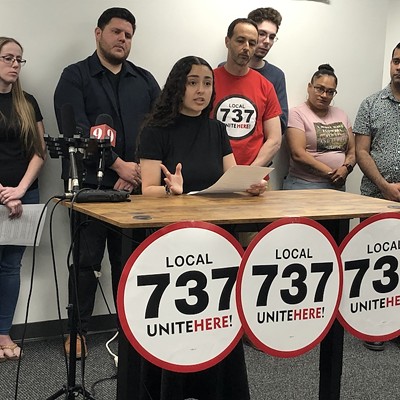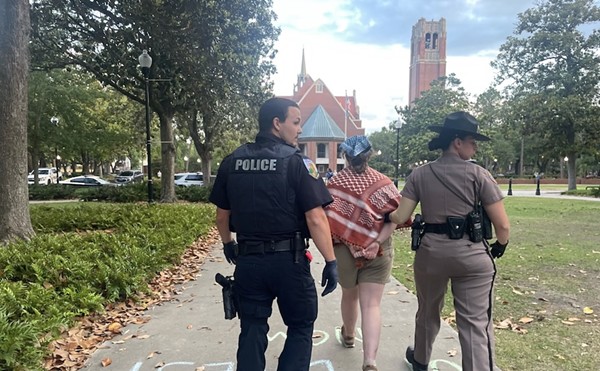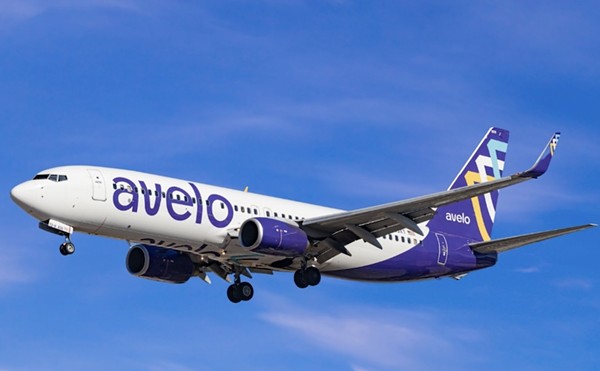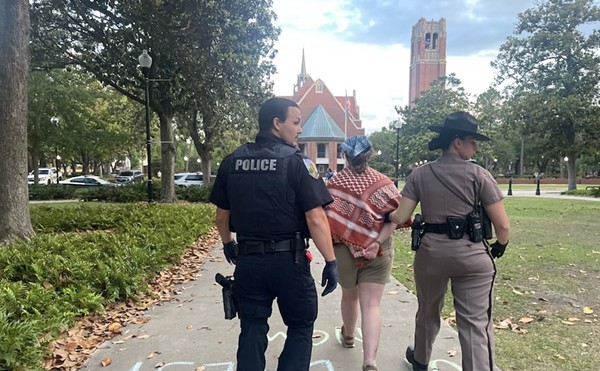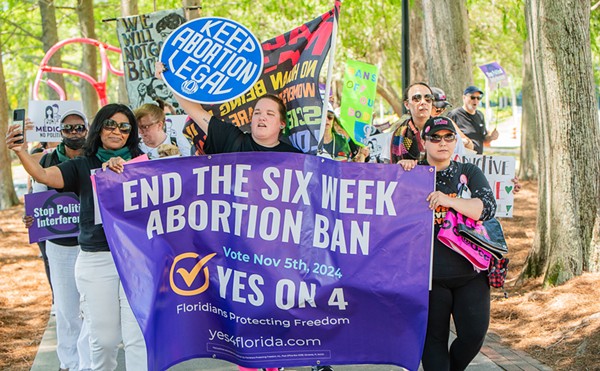Just last month, webcasters thought they had won their 3-year-old war with the recording industry over royalties.
After three months of protests and an energetic PR campaign, webcasters claimed victory when the Librarian of Congress rejected the arbitration board's proposed royalty rates. [See Web radio wins round, May 23].
Those fees, they complained, would have bankrupted all but the most deep-pocketed in their infantile industry, clearing out hobbyists and eclectic webcasters to make way for more of the same bland, corporate stations that clog the FM dial. For many small webcasters, the arbitration panel's rates would have cost 150 percent of the revenue they generate.
They were optimistic, but cautious, as they awaited the final verdict from the Librarian. When it came last Thursday, however, the optimism quickly died.
While the Librarian set royalties for webcasters at .07 cents per listener per song, which is half of what the arbitration panel recommended, the fees for broadcasters who want to simulcast online were not changed from the panel's recommendations, also .07 cents per listener per song.
Two high-profile webcasters, www.somafm.com and www.netrockradio.com, declared that the fees were still too high and they shut down. Save Our Streams, a pro-webcaster group, declared that nearly all small webcasters would have to shut down by the year's end.
While the royalties are devastating to small webcasters, even media giant Clear Channel Communications is anxiously awaiting the unannounced portion of the Librarian's ruling -- the reporting guidelines. To gauge how much money webcasters owe the record companies, the arbitration panel had set strict criteria for determining how many people are listening at any given time. Webcasters said that it would cost them thousands of dollars in equipment to implement the rules.
Would-be nonprofit webcasters and simulcasters, such as Rollins College station WPRK-FM (91.5), have to pay .02 cents per listener per song (web-only nonprofits pay .05 cents). If 100 people listen, and Rollins plays 15 songs an hour, that adds up to nearly $3,000 a year for the cash-strapped station.
"We'll try to do at least some webcasting," WPRK manager Dan Seeger says, though he's not sure how many people would tune in online, and thus, how much it would cost.
Theoretically, WPRK could try to negotiate a more favorable deal with the recording industry, but small stations simply don't carry enough clout to bend the labels' wills. And, if big webcasters like Clear Channel try to negotiate, Seeger fears, they'll be the only ones the recording industry listens to.
Right now, webcasters are turning their attention to Congress, which they hope will amend or repeal the 1998 law that got this whole mess started.


